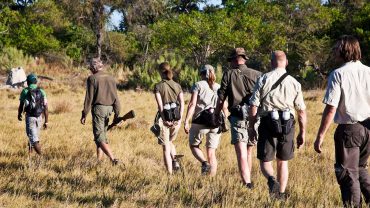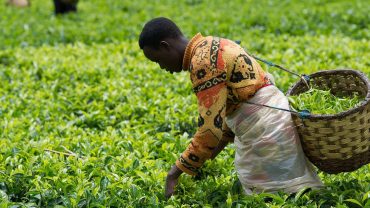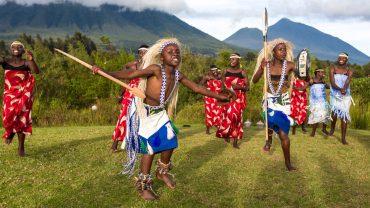Amidst rising global concerns around coronavirus (COVID-19), we are seeing more and more Kenyans battening down the hatches to implement social-distancing in an effort to stop the spread of the virus. During this time of self-isolation, it is important now more than ever, that locals remain educated and alert about the health and safety options available to them.
Malaria is responsible for more than one million deaths in Africa each year, so it is imperative to take malaria precautions seriously. The threat of infection — the result of a bite from a disease-carrying mosquito — is present throughout the country, though the risk reduces at higher altitudes such as the Kenyan Highlands and Nairobi. Besides using prophylaxis medication, such as Malarone or Larium, arm yourself with strong mosquito repellents that can be safely sprayed or rubbed onto exposed skin, and make use of mosquito nets (these are a standard feature of nearly every property we’ve reviewed in this book) when you retire at night. Mosquitoes generally appear the moment the sun goes down, and just because you cannot see or hear them does not mean that they aren’t buzzing around your ankles — stay alert and do everything in your power to prevent being bitten (even if you have taken medication). Bear in mind, too, that children are more at risk of contracting the disease. Note that prophylactics have intense side effects on a small percentage of people, including forms of psychosis and depression.
Before you go to Kenya, make sure all your routine vaccinations are up to date. There’s a very high risk of malaria in Kenya, so talk to a travel doctor or your GP about using malaria pills. Research the pros and cons of taking them, and stay covered up at dawn and dusk when mosquitoes are most active.




Comment (0)